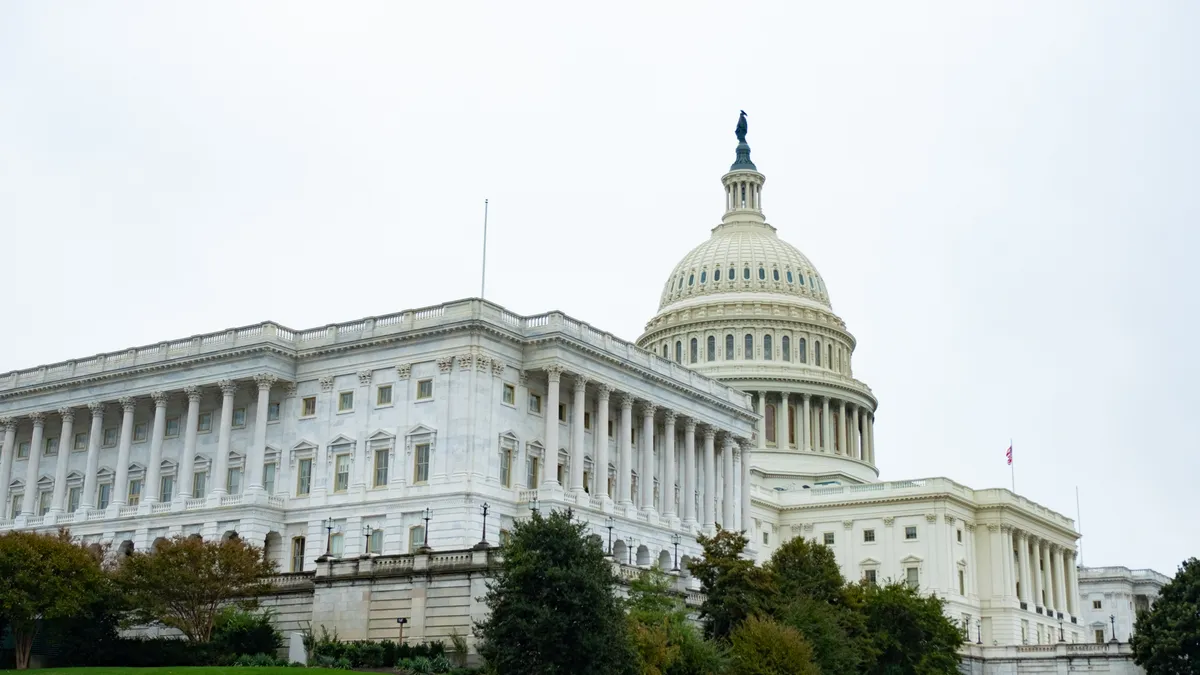Dive Brief:
- Nearly three-quarters of municipalities in the U.S. have made budget cuts and adjustments due to the effects of the coronavirus, according to a survey from the National League of Cities (NLC), which predicts that cities will lose a total of $360 billion in revenue over the next three years.
- In addition, 65% of cities are being forced to delay or cancel capital expenses and infrastructure projects that will impact job growth and economic recovery, NLC CEO Clarence Anthony said in a statement.
- The cuts will severely hamper cities’ efforts to maintain aging infrastructure and take on new projects, Anthony said. "Without congressional action now, the forced delay or cancellation of infrastructure projects will create an economic ripple effect throughout the nation not felt in decades,” he said.
Dive Insight:
The survey was based on input from officials at more than 1,100 municipalities across the country. Other findings include:
- 70% of municipalities have not received funding through the CARES Act.
- 13% of municipalities are making cuts to inspection, planning and permitting, which could delay the reopening of businesses.
- 32% of cities will need to furlough or lay off more employees.
- 41% of cities have or will institute a hiring freeze.
- 70% of cities surveyed said the most expensive aspect of the pandemic has been purchasing PPE.
Federal lawmakers are working on legislation that would help spur more infrastructure investment. Last week, House Democrats unveiled a new, $1.5 trillion infrastructure bill as part of the Investing in a New Vision for the Environment and Surface Transportation in America (INVEST in America) Act. The larger Moving Forward Act would provide:
- $300 billion for structurally deficient bridges.
- $100 billion for affordable housing infrastructure.
- $40 billion for wastewater infrastructure.
- $70 billion for the electric grid for more renewable energy and upgrades.
- $30 billion for hospitals and other healthcare infrastructure.
- $3 billion for "shovel-ready" Great Lakes, coastal and marine projects.
The current FAST (Fixing America's Surface Transportation) Act expires Sept. 30, so Congress must come up with a plan to reauthorize funding soon, though Republicans have said Democrats left them out of the bill writing process.
The House Rules Committee voted Monday to move the bill to the House floor for a vote, but the White House has threatened to veto the bill if it is passed.













